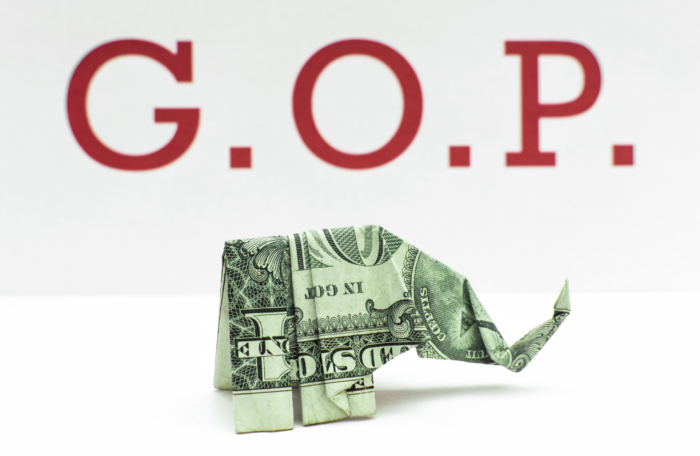The New Hampshire Democratic Party’s financial advantage over the GOP is enormous
The New Hampshire Democratic Party outspent the New Hampshire Republican Party by a significant margin going into the final week of the 2018 elections, a Broadside review of available campaign finance reports shows.
After Democrats won majorities in the Legislature and Executive Council, New Hampshire Republicans publicly complained about weak financial support from the state party. The last campaign finance reports to be filed before the election show there is merit in their frustration.
Each party organization has political committees that raise and spend money on behalf of the party’s candidates. The candidates are expected to raise their own money, with the party PACs helping out as needed. In New Hampshire, an active and well organized set of party committees continues to give Democrats a huge fundraising advantage.
Campaign finance reports filed with the Secretary of State’s office through October 31 (the last report filed before the election) show that the New Hampshire Democratic Party’s three statewide political action committees — the New Hampshire Democratic Committee, the Senate Democratic Caucus, and the Committee to Elect House Democrats — outspent their Republican counterparts by $3 million.
The Democratic PACs spent $4.09 million. Their Republican counterparts — the New Hampshire Republican State Committee, the Senate Republican Majority PAC, and the Committee to Elect House Republicans — spent just $1.1 million.
The New Hampshire Democratic Committee alone spent more than twice what all three Republican committees spent combined: $2.7 million vs. $1.1 million.
Showing the relative weakness of the state Republican Party, the New Hampshire Democratic Committee outspent the New Hampshire Republican State Committee by a ratio of 5-1. The Republican State Committee raised just $708,460 through October 31 and spent only $540,570. The Democratic State Committee raised $3.3 million and spent $2.7 million.
The Democratic advantage continued at the local level. County and town Democratic committees outspent their Republican counterparts almost 10-1. Democrats spent $359,462 to the Republicans’ $34,865.
The Democratic Party enjoyed a huge organizational advantage at the town and county levels as well. Local Democratic committees that filed October 31 campaign finance reports outnumbered their Republican counterparts 30-5.
Republicans did enjoy a slight financial advantage in the only statewide race this year. Gov. Chris Sununu spent $1.3 million to Molly Kelly’s $1.1 million through October 31.
The Democratic Governors Association reported raising $139,162 and spending $23,300 by October 31. The Republican Governors Association’s Live Free PAC reported raising $627,000 and spending $625,912 through October 31.
When all party campaign spending through October 31 is tallied — including spending by the gubernatorial campaigns and out-of-state help from party organizations such as the Democratic Legislative Campaign Committee (but excluding non-party PACS) — New Hampshire Democrats raised $7.3 million to the Republicans’ $5 million and spent $6.3 million to the Republicans’ $4.25 million.
(We include the gubernatorial candidates’ own spending because those candidates head each party’s ticket and have the potential to lift down-ballot candidates. Non-party spending, such as ActBlue’s $351,848, is not included because it is not party organized.)
Despite conventional wisdom, spending alone is not necessarily an indicator of electoral success. But spending matters, especially in close races. In a hyper-friendly environment (Libertarians at a Ron Paul pool party, for example), one doesn’t need to throw cash around to be accepted as one of the group. When New Hampshire was more red than purple, Republicans didn’t need to spend a lot to convince voters to support them. With New Hampshire having become more competitive, failing to close the gap will make winning legislative majorities more challenging.
Incidentally, Jonah Goldberg noted this week that when political parties are weakened, other institutions take up political roles, leading to broader politicization of society. He’s a smart guy, and also the headliner at our Libertas Award Dinner coming up on Dec. 10. You should come.




Can Josiah Bartlett people find out the actual facts on the following reports:
1. Confirm that leftist activist Tom Steyer spent a $million on UNH voter registration?
2. Confirm what share of the reported $80 million each that Steyer, Bloomberg and Soros put into little NH.